How do you deal with damp, dirt-floor basements?
alisande
17 years ago
Featured Answer
Comments (24)
jamesbodell
17 years agoRelated Professionals
Agoura Hills Kitchen & Bathroom Designers · Buffalo Kitchen & Bathroom Designers · Carlisle Kitchen & Bathroom Designers · Clarksburg Kitchen & Bathroom Designers · Montebello Kitchen & Bathroom Designers · Mount Prospect Kitchen & Bathroom Designers · Ramsey Kitchen & Bathroom Designers · United States Kitchen & Bathroom Designers · Key Biscayne Kitchen & Bathroom Remodelers · Mesquite Kitchen & Bathroom Remodelers · Pearl City Kitchen & Bathroom Remodelers · Sweetwater Kitchen & Bathroom Remodelers · Charleston Architects & Building Designers · Enterprise Architects & Building Designers · Pedley Architects & Building Designerskframe19
17 years agobulldinkie
17 years agofqp25
17 years agohousekeeping
17 years agohousekeeping
17 years agosharon_sd
17 years agolil_geek
17 years agokframe19
17 years agoalisande
17 years agojamesbodell
17 years agoalisande
17 years agojamesbodell
17 years agolil_geek
17 years agomatrixdweller
17 years agovanyali
17 years agobulldinkie
17 years agoalisande
16 years agoxantippe
16 years agomarys1000
16 years agobrickeyee
16 years agoslateberry
15 years agoShelley Davis
4 years ago
Related Stories

PETSDealing With Pet Messes: An Animal Lover's Story
Cat and dog hair, tracked-in mud, scratched floors ... see how one pet guardian learned to cope and to focus on the love
Full Story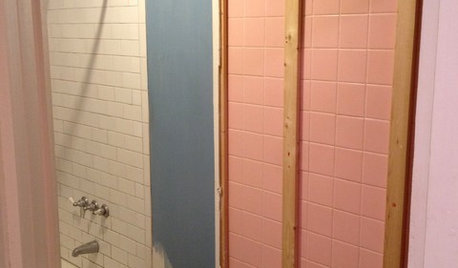
REMODELING GUIDES5 Ways DIY Remodels Get Derailed — and How to Deal
Keep your remodel on track by knowing the potential pitfalls ahead of time
Full Story
LIVING ROOMSBelow My Houzz: An Inviting Basement With Industrial Edge
Reconfiguring a cramped, damp basement opens up a new world of sleek, functional spaces
Full Story
HEALTHY HOMEGet the Lead Out: Lead Safety at Home
Keep your family safe by properly testing for and dealing with lead in old painted surfaces, water and soil
Full Story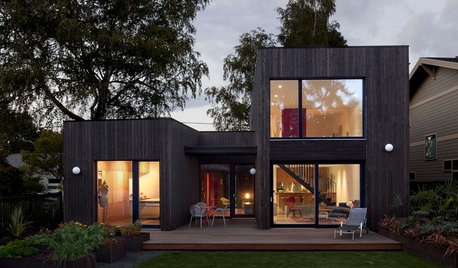
BASEMENTSDesign Workshop: Is It Time to Let Basements Become Extinct?
Costly and often unnecessary, basements may become obsolete — if they aren’t already. Here are responses to every reason to keep them around
Full Story
FLOORSDrama’s Afoot With Striking Black Floors
Be bold. Be brave. Drench your floors in black for a memorable interior scene
Full Story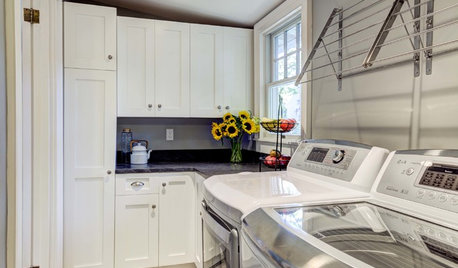
THE HARDWORKING HOMEWhere to Put the Laundry Room
The Hardworking Home: We weigh the pros and cons of washing your clothes in the basement, kitchen, bathroom and more
Full Story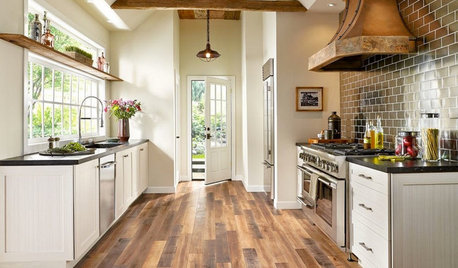
MOST POPULARPros and Cons of 5 Popular Kitchen Flooring Materials
Which kitchen flooring is right for you? An expert gives us the rundown
Full Story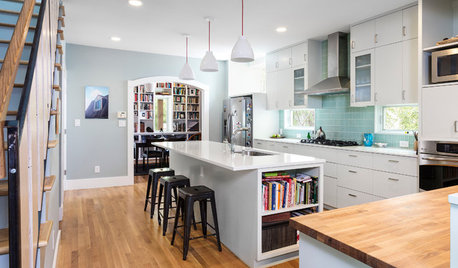
MOST POPULAR6 Kitchen Flooring Materials to Boost Your Cooking Comfort
Give your joints a break while you're standing at the stove, with these resilient and beautiful materials for kitchen floors
Full Story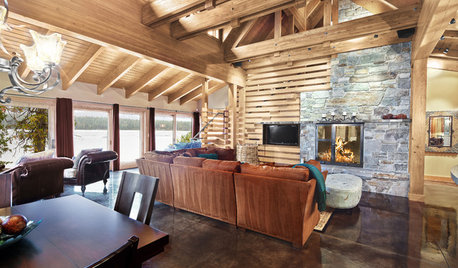
REMODELING GUIDESObjects of Desire: Beautifully Individual Concrete Floors
Concrete comes in more colors and finishes than ever before. See if these 6 floors open your eyes to the possibilities
Full Story







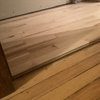

beds